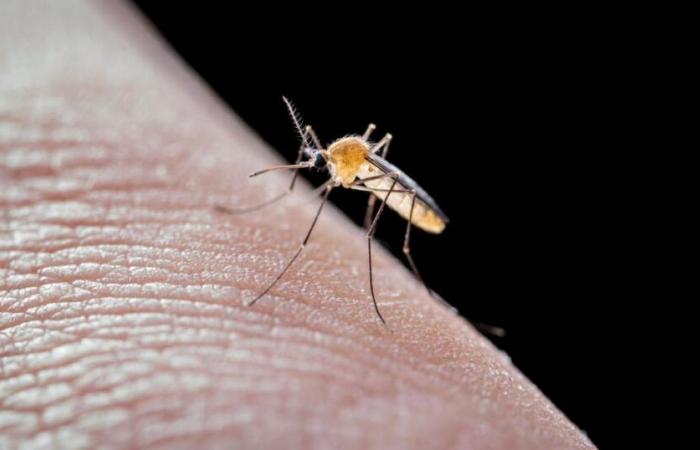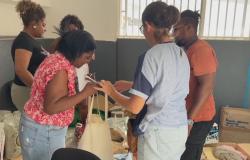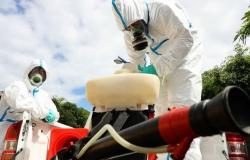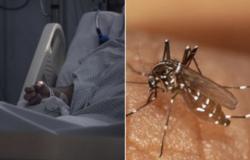Over the first eight months of 2024, there have been nearly 13 million cases of dengue worldwide, according to the World Health Organization (WHO), almost double the record for all of 2023.
Transmitted by the bites of infected tiger mosquitoes, this viral disease can cause high fever and body aches. Although it is generally benign, it can sometimes be serious or even fatal, particularly in the event of a previous infection.
Dengue fever is one of the 17 pathogens for which “vaccines are urgently needed” identified on November 5 by the WHO.
Already endemic in more than 130 countries, dengue is spread by mosquito vectors beyond tropical and subtropical zones as a result of rising temperatures. Climate change is believed to be responsible for nearly one in five cases of dengue fever, according to an American study published in mid-November.
In Overseas, “several epidemic waves have followed one another in recent years”, causing “a significant burden on the hospital system”, noted the French High Authority for Health on Tuesday.
The Guadeloupe archipelago in the Caribbean, where the last epidemic ended in July 2024, entered a new epidemic in mid-November.
To protect the populations of Overseas, the HAS recommends vaccinating “children aged 6 to 16 years old with a history of dengue infection as well as adults aged 17 to 60 years old presenting comorbidities, with or without a history infection”.
Vaccination is, however, contraindicated in “immunocompromised subjects, pregnant” or “lactating” women.
Vaccine effective in 6-16 year olds
Authorized on the European market since December 2022, the Qdenga vaccine from the Japanese laboratory Takeda has shown its effectiveness in children and adolescents aged 6 to 16 previously infected with the virus.
On the other hand, its effectiveness against severe dengue fever could not be demonstrated, and the vaccine was found to be ineffective against two of the four serotypes of the disease, in people who have never been infected, notes the HAS.
The recommended vaccination schedule consists of two doses of vaccine, spaced three months apart.
The risk of developing a severe form of dengue fever – less than 5% of symptomatic cases – is increased by pregnancy and chronic illnesses.
Adults – mainly affected in Reunion and Mayotte, in the Indian Ocean – with comorbidities are particularly affected by serious forms or deaths, while children are also affected in the Antilles and Guyana.






